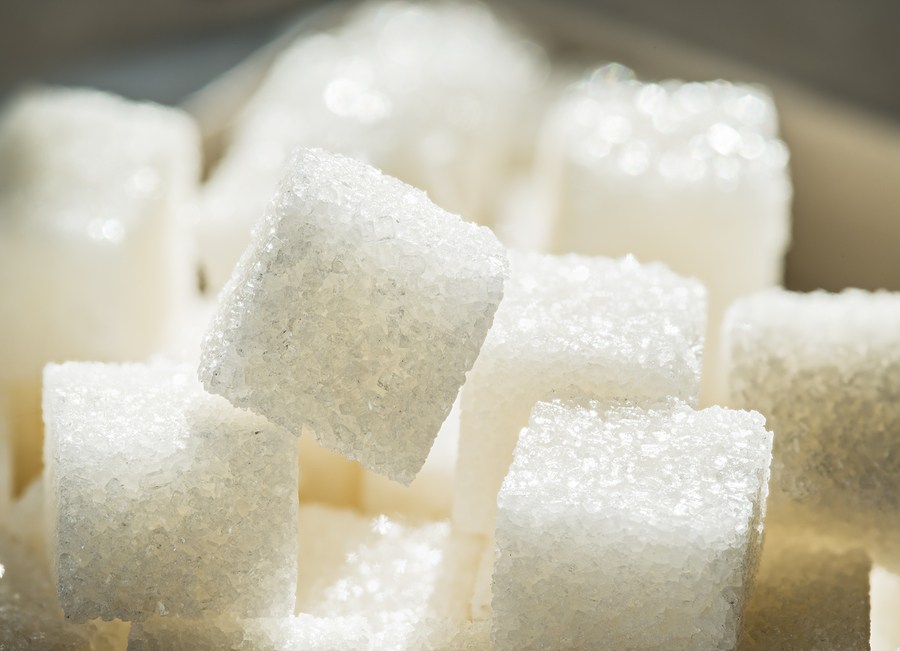- Make It Yourself Lavender Heart-Shaped Bath Bombs!
- 20 Things You Never Knew About “Down There”
- 12 Best Foods For Those Suffering From Arthritis Pain
- 12 Personal Hygiene Mistakes Almost Everyone Makes (Mom Never Told You About #4!)
- 15 Medicinal Plants And Herbs From The Cherokee People
- 12 Mind-Blowing Benefits Of Drinking Coconut Water During Pregnancy
- 12 Outstanding Winter Foods That Won’t Fatten You Up Like A Christmas Turkey
Is Cancer Really Caused By Food?

Photo credit: bigstock.com
What Foods Are Linked to Cancer According to the Metabolic Theory?
The most inflammatory foods that you would want to avoid are:
- Sugars. This is probably the number one culprit. Take a look at how many grams of sugar are in a typical bottle of soda – it will shock you. Alternative sugars like high fructose corn syrup are especially bad. Limit your intake of these as much as possible.
- Bad fats. Specifically, trans fats and polyunsaturated fats. These are commonly found in vegetable oils, which have become all too common in modern cooking.
- Refined grains. Mass-produced, white flour bread is a perfect example of this. This also includes white pasta, many baked goods and desserts, breakfast cereals and snacks. (Some of these include lots of sugar as well!)
The alternative to the typical Western diet is to switch to the ketogenic diet. In this diet, you consume meals that are high in (healthy) fat, and low in carbs and sugar. Rather than glucose, these foods are rich in ketones, hence the name. This has the effect of preventing inflammation and lowering oxidation, while starving the cancer cells of the fuel they need to grow. Yes, you still do need carbs, so choose whole grain breads and pastas instead. Opting for brown rice instead of white rice is also beneficial.
More examples of ketogenic foods are lean meats like grass-fed beef, butter, cheese and milk from grass-fed cows, eggs, fish, vegetables, fruits, nuts and seeds. Certain high quality oils that are rich in omega 3 fats, such as coconut oil and extra virgin olive oil, are also highly recommended. (Make sure it is a reputable brand, as some low-quality oils are diluted with cheap and unhealthy vegetable oils.)
Think of the mitochondria as a car’s engine. By filling up on glucose-rich foods, you’re essentially putting a dirty, low-quality fuel in your engine which produces a lot of nasty exhaust (free radicals). Ketones, on the other hand, burn clean and do not produce those harmful free radicals. They also cannot be used by cancer cells to fuel their growth.
Studies have shown that cancer patients who switched to the ketogenic diet had a higher likelihood of survival and an increased lifespan in terminal cases. In cases where the patient was undergoing conventional treatments like chemotherapy, adopting a ketogenic diet appeared to make the treatments more effective. There is also a psychological benefit to this approach to dealing with cancer: By adopting this new diet that may help them, the cancer patient not only gains hope, but also regains a sense of control over their situation. A more optimistic outlook has been shown to increase the likelihood of survival.
(Another benefit is that as cancer treatments go, this is definitely one of the cheapest! No need to get insurance involved. Just change your diet!)
For those fortunate enough to not have cancer, you may want to consider adopting a ketogenic diet as a preventative measure. As the metabolic theory of cancer experiences a resurgence in popularity in the medical community, more and more doctors and nutritionists agree: a healthy diet can go a long way toward reducing one’s chances developing cancer later in life.
READ ALSO: Can The Ketogenic Diet Help Beat Cancer?
If you or someone you know wants to help improve their chances of recovering from cancer, or decrease their likelihood of developing it, you may want to read up more on the benefits of the ketogenic lifestyle.
References:
































